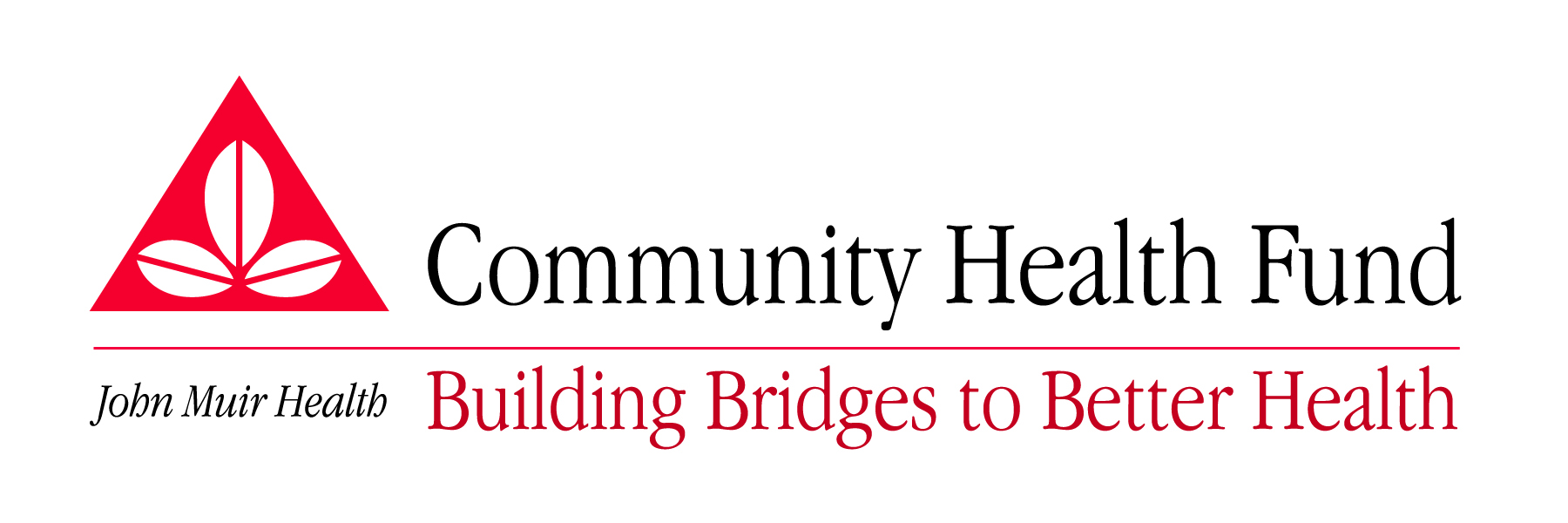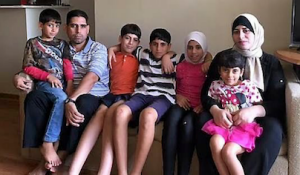The UCSF-John Muir Health Jean and Ken Hofmann Cancer Center at the Behring Pavilion is now open. LEARN MORE >

New American Families Strengthening Initiative

Most of the approximately 2,400 Afghan refugees who resettle in Contra Costa County – many in eastern and central portions of the county – are Special Immigrant Visa holders who have been forced to flee Afghanistan due to violent threats stemming from their work with the U.S. government. The threats, the political violence some experienced and an entire litany of migration stressors from discrimination through difficulties accessing support services significantly increase the risk that these individuals will experience emotional problems and mental health disorders, including depression, anxiety and post-traumatic stress disorder. The risks increase for generally monolingual Dari-speaking Afghan women who care for family members and children, are socially isolated, and have less access to opportunities for community engagement. A study of Afghan and Kurdish refugee populations found social isolation remained a prominent issue even twenty years post-resettlement and that levels of social support and mental health are directly related to each other.
To respond to the challenges Contra Costa’s Afghan families face, the CHF awarded Jewish Family & Community Services East Bay (JFCSEB), the International Rescue Committee (IRC), and Catholic Charities of the East Bay (CCEB) $279,527 for implementation of the New American Family Strengthening (NAFS) initiative. The initiative will address the needs of Afghan families in Central and East Contra Costa County who have been in the country more than 60 days. The objective is to strengthen and support these newly settled immigrant families, with a particular focus on women, who often bear the greatest emotional burdens. The aim is to enhance these families’ knowledge about health and wellness resources and how to access them, ability to navigate their community health care and educational systems, social connectivity, emotional well-being, and ability to engage in self-advocacy.
From February through June 2019, the three partners:
- Executed inter-partner memorandums of understanding
- Hired staff, including:
- NAFS Program Manager (JFCSEB)
- Community Specialist (JFCSEB)
- Wellness Case Manager (IRC)
- Designed outreach materials
- Developed data collection tools
- Assessed their evaluation readiness
- Trained partner staff
From May 2019 through March 2020, the partners launched a pilot that served 222 individuals. Among the activities:
- 20 received health screenings
- 66 enrolled in support groups to help with health adjustment and coping skills
- 61 attended educational workshops that ranged from self-care and hygiene, affordable housing and parenting through music and art, breast cancer and prevention and health and safety.
- 127 participated in a community building event
- 9 enrolled in case management
The partners did not implement the use of a tool for screening and responding to domestic violence and sexual assault, because they were not yet prepared to respond with culturally/linguistically competent services to address these particularly complex needs. Consequently, the CHF has now provided an additional $219,000 for a Phase II implementation, which will primarily focus on solidifying referral pathways to properly support individuals in need of intense mental health services that NAFS partners can provide. In addition, the partners will continue their Phase I activities while adding two new program components:
- Two multi-session classes, serving at least 20 individuals, focused on nurturing knowledge related to overall wellness, independence and community building.
- The development of referral pathways through development of formal partnerships with at least five school districts and community organizations.
In addition, the partners received an Executive Director discretionary grant in early 2020 that will allow them to engage with Harder+Company Community Research and CHF staff to develop a formal evaluation plan that will be ready for board approval in July 2020.
To address sustainability, JFCSEB is engaged in conversations with Contra Costa County Mental Health Services about additional funds to support NAFS. In addition, during 2020 CHF staff will develop challenge grants for JFCSEB and IRC that will allow the organizations to develop individual donor bases that help support their respective shares of work in the initiative.